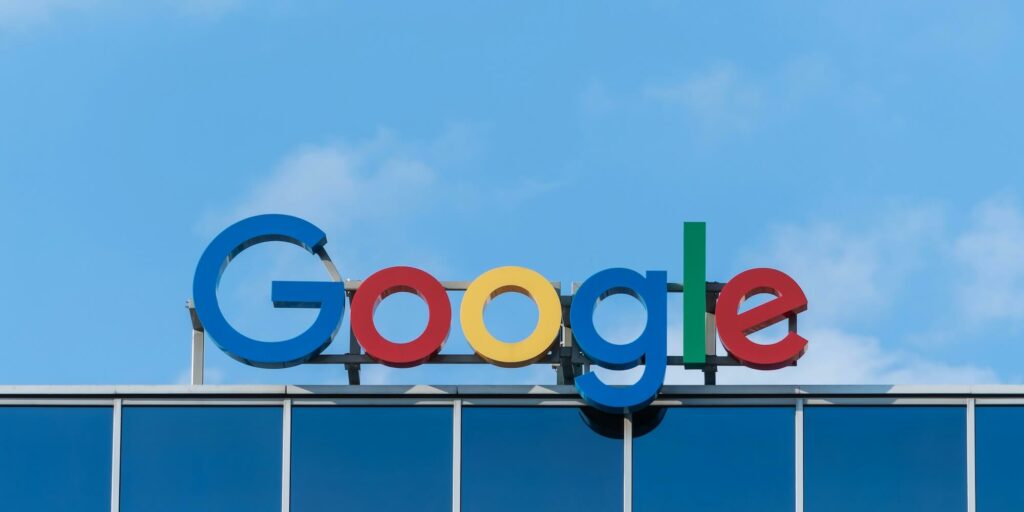The Birth of Pay-Per-Click (PPC)
Had Bill Gross, the founder of GoTo.com, just followed his gut, he might have been the famous one, and Google might not have even existed. Books would have been written about how GoTo transformed our culture. But that obviously isn’t what happened. Gross can legitimately claim to have created the business model that made Google possible.
He started and sold several companies, making millions of dollars in the process. He created an additional company called IdeaLab that developed many successful businesses, and he and his investors got very, very rich. But by the middle of 2001, the investors were left holding a shattered portfolio. However, in the wreckage was one shining gem: GoTo.com, which by that point was known as Overture. If Google was a home run, Overture was a triple that didn’t quite make it home, even though Bill Gross grew the company and sold it for well over $1 billion.
Why? How to GoTo become worth so much?
In 1998, many search engines were showing too many spam sites. Hiding white text on a white background to get keywords on a page worked at the time, so many people spammed the system, and search results dramatically declined. Gross reasoned that without an economic price associated with the listings, spam would overrun search. In addition, Gross sensed that people buying advertising on portals were failing to justify the costs. Too often, visitors would come to a site that just weren’t the right kind of visitors. How can you get more of the right kinds of visitors to the site? Gross realized that businesses would pay quite a bit for the right kind of traffic. He also realized that the value of clicks were about $.05 to $.10 each. But businesses would be willing to pay more than that, and he could make a killing on the spread.
The problem is he needed lots of searchers, and lots of advertisers. But how can he get advertisers to try out the service? Instead of demanding up-front money like the portals, what if it was free to try, and they only had to pay if they received the right kind of visitors?
In 1998, Gross launched the GoTo.com service. They only had 15 advertisers. Within 6 months, it had hundreds of advertisers, and by 1999, it had thousands. The old advertising maxim “You waste half of your advertising budget, but the problem is you don’t know which half is wasted” was being put to the test. You knew if the money being spent was worth it or not.
PPC Syndication
Gross then realized that he could pay to get his results listed on other sites, and then he would make money on each click. In September 2000, GoTo would pay AOL $50 million to show their results on AOL’s website. They started turning a consistent profit after this deal was made. By the fall of 2000, GoTo made most of its revenue from other sites…not from traffic at GoTo.com. And if AOL had to compete for visitors from GoTo.com, they wouldn’t be happy. So, they decided to phase out GoTo.com. In September 2001, GoTo.com formally changed its name to Overture.
“We thought that if we didn’t phase out GoTo.com, our partners wouldn’t renew. But…as long as we were making them money, they didn’t care.” – Bill Gross
Gross went to Google and discussed a partnership. Google refused. Their reason? Google would never be associated with a company that mixed paid advertising and organic search results. The talks stalled. Several months later, Google introduced AdWords, its answer to Overture. Overture sued Google for patent infringement.
The new business model had come of age, and Google for the most part was getting credit for it. In addition, AOL didn’t renew their deal with Overture, and they created a similar deal with Google instead. By 2002, Yahoo, Google and MSN controlled the traffic flow. Overture was valued like a parts supplier rather than the destination source. Overture made deals with Yahoo and MSN (if you wanted PPC on Yahoo and MSN, you had to set this up through Overture).
What happened to Overture?
Yahoo later realized that they needed to make money from each click, not from PPC Syndication. So rather than build their own PPC network, they decided to acquire Overture in 2002, and they closed the deal in 2003…for a whopping price of $1.63 billion. So even though Bill Gross invented PPC, and hasn’t been as successful as Larry Page and Sergey Brin, he did just fine through the sale of Overture.
 It’s crazy to think about the history of Google, and how different our life would be without Google. There aren’t a lot of companies whose names become a verb. It’s likely that most people in the world have said talked about Googling something. But beyond their influence in how we find information, Google touches so many aspects of our lives. On a regular basis, the team at Sebo uses Google search, Gmail, Google Docs, Google Sheets, Google Drive, Google Maps, Google Navigate and so much more.
It’s crazy to think about the history of Google, and how different our life would be without Google. There aren’t a lot of companies whose names become a verb. It’s likely that most people in the world have said talked about Googling something. But beyond their influence in how we find information, Google touches so many aspects of our lives. On a regular basis, the team at Sebo uses Google search, Gmail, Google Docs, Google Sheets, Google Drive, Google Maps, Google Navigate and so much more.